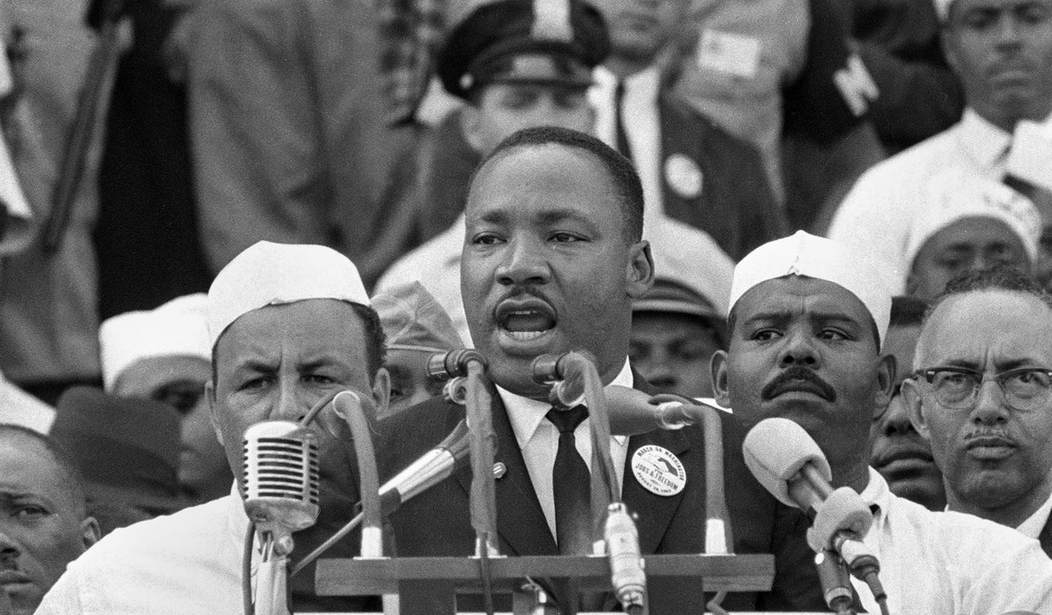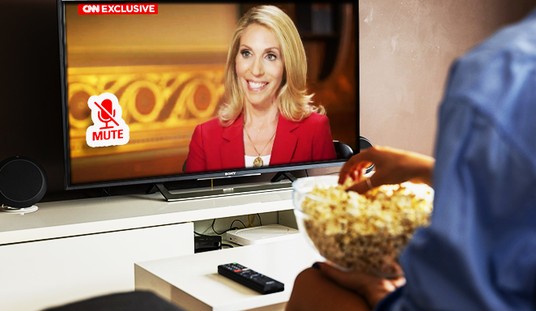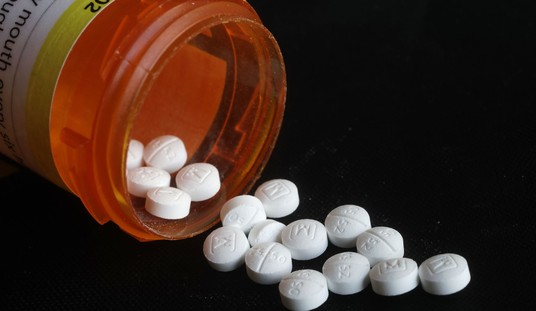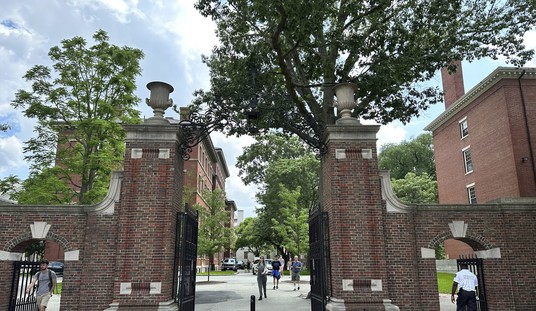Tulane seems fond of two lanes.
Or sometimes, three.
In light of the Derek Chauvin verdict, Louisiana’s Tulane University is trying to heal the world.
Following the Minnesota officer being found guilty of second-degree murder, third-degree murder, and second-degree manslaughter, the private New Orleans school held “Racial Healing Spaces” Zoom events.
The affairs involved both students and employees and were organized by the college’s Office of Equity, Diversity, and Inclusion.
On its official website, Tulane indicated the spaces were for “students, faculty, and staff to join together to help bring about racial healing in our community.”
And:
This space offers us an opportunity to explore and process our immediate thoughts and feelings related to the verdict, create a circle of emotional support, and discuss ways that we can transform our pain into activism. This space is trauma-informed which means that you will be supported even if you wish to be present but remain silent.
To be clear, that applied only to the space reserved for black people.
In this space, students, faculty, and staff who are Black/African American/African Descendants of Enslaved People can process their responses to the verdict in the Derek Chauvin murder trial.
White people got their own space.
While the African space was called “Black People Finding Healing Spaces During Ongoing Anti-Black Racism,” the Caucasian one was labeled “White People Examining Anti-Black Racism.”
Its descriptor:
This space is intended to support white students, faculty and staff to process the verdict in the murder trial of Derek Chauvin and how anti-Blackness manifests in our daily lives, our work and our responses to high profile police murders of Black people. We hope to create a space for honesty, vulnerability and collective accountability. We hope to create a space to feel and connect with our emotions, but also to listen deeply and respond to the ongoing call for white people to step up and interrupt our collective legacy of violence, now in this moment and moving forward. We will look at how anti-Blackness shows up in our ambivalence to state violence, our tendency to play into the “white savior complex”, ways we consciously and unconsciously sabotage Black leadership, and the ways we uphold white supremacy when we prioritize white comfort, “order,” and allegiance to the status quo.
Thirdly, as you may have suspected, the final category was “Non-Black People of Color Examining Anti-Black Racism.”
Hence, non-white, non-black people were given the opportunity to “examine our immediate thoughts and feelings related to the verdict, as well as space to examine how we have internalized anti-Black racism and ways we can unlearn anti-Black racism in our personal and professional lives.”
The black group was headed by Dr. Jinaki Flint, whose provided pronouns were “she/her.”
Here’s more:
Jinaki is a career college counselor trained in trauma treatment and certified in multicultural counseling. She is also a consultant and educator to the university community and beyond on topics of anti-racism, embodied sexuality, community engagement, and trauma- and culturally-informed pedagogy.
For whites, the host’s bio explained as follows:
Bio: Ben Brubaker is Program Manager for Social Justice and Student Leadership at the Tulane Center for Public Service. They are a white, trans non-binary, disabled poet, parent, organizer and facilitator working at the intersections of anti-racism, disability justice and prison-industrial-complex abolition. Ben graduated from Tulane with a B.A. in Africana Studies and Philosophy, a Masters of Liberal Arts, and is now a trainer/organizer-in-training with the People’s Institute for Survival and Beyond.
Everyone left over got “Anneliese Singh (she/they),” who works as “Associate Provost for Diversity and Faculty Development and Chief Diversity Officer and leads the Office of Equity, Diversity, and Inclusion (EDI) at Tulane.”
Furthermore, she/they “engages [National Institutes of Health]-funded, longitudinal research with trans and nonbinary communities, with an emphasis on BIPOC and young people. Anneliese is the author of The Racial Healing Handbook and the Queer and Trans Resilience Workbook.”
Tulane’s no stranger to progress.
As I covered in September, students planned a “die-in” to protest the school holding in-person instruction. According to organizers, Tulane was putting them all at risk of getting the virus.
That event had to be canceled by the school — the rally was going to put them all at risk of getting the virus.
And in January, I wrote of students submitting a list of demands.
They insisted the school divest itself of fossil fuels, because it was causing hurricanes.
Back to the college’s response to Chauvin, all of that went down Wednesday.
For the rest of us in society, I suppose, we can only cross our fingers and hope to goodness that — thanks to the Zooms — on Thursday, the racially divided, segregated masses at Tulane University were all “racially healed.”
-ALEX
See more pieces from me:
Joy Behar Calls Caitlyn Jenner ‘He’ on National Television
U.S. Embassies Can Now Fly the Pride Flag on the Same Pole as the Stars and Stripes
Upping the Accuracy Ante, ‘The Simpsons’ Replaces a Straight White Actor in a Gay Cuban Role
Find all my RedState work here.
Thank you for reading! Please sound off in the Comments section below.













Join the conversation as a VIP Member